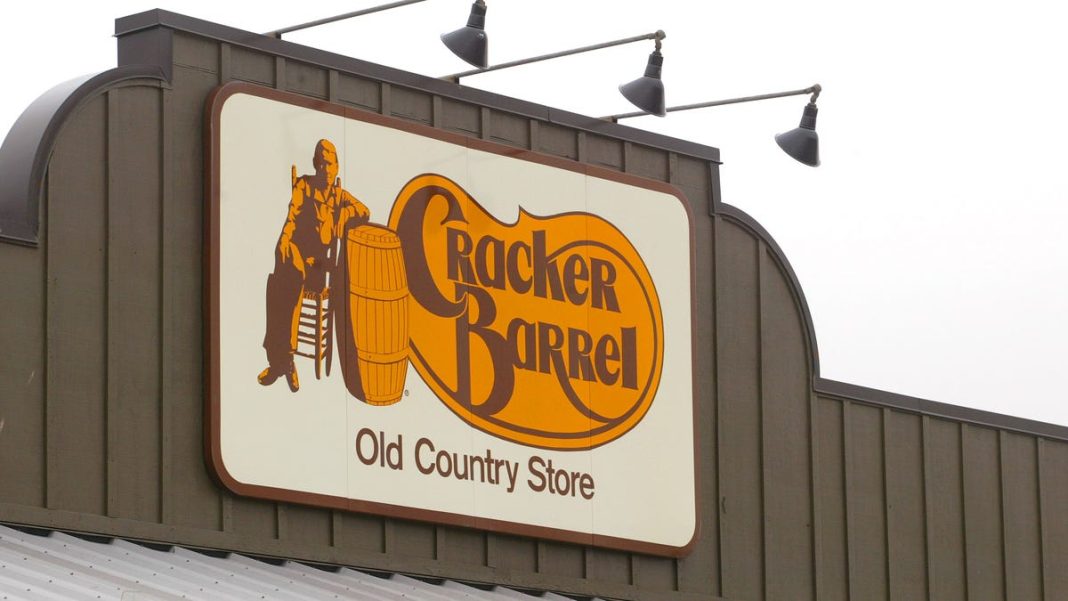Cracker Barrel Will Not Charge Customers Extra for Eggs
What would breakfast be without eggs? Amid rising egg prices and a nationwide shortage, Cracker Barrel announced on Thursday that it won’t impose an extra charge for eggs because “there’s nothing hospitable about that.”
This announcement came just after Waffle House, based in Georgia, revealed a temporary charge of 50 cents per egg at its locations across the country due to ongoing price concerns tied to the H5N1 bird flu. In contrast, Cracker Barrel chose to forgo any additional charges.
“At Cracker Barrel, showing country hospitality means we won’t charge our customers more for eggs,” the restaurant and gift shop chain remarked in a statement. Furthermore, the chain’s loyalty program members will earn “double pegs” on all egg dishes until Wednesday, February 12.
“We understand that our guests are juggling plenty already, so we’re committed to serving up delicious meals at great prices, like our Sunrise Pancake Special starting at just $7.99,” the statement emphasized. “Our all-day breakfast, lunch, and dinner options have you covered.”
Waffle House Introduces 50-cent Egg Surcharge
The recently implemented Waffle House surcharge became active on Monday across approximately 2,100 diners nationwide, as previously reported by YSL News.
“Consumers and restaurants are faced with challenging decisions,” Waffle House explained in its statement. “To avoid raising general menu prices, we’re introducing this temporary surcharge linked to the significant rise in egg prices.”
Despite the surcharge, eggs will still be featured in popular menu items, and the chain expressed hope that these price fluctuations will be “short-lived.” Waffle House reportedly serves around 272 million eggs each year, significantly more than its famous waffles, of which it sells approximately 124 million.
“We are closely monitoring egg prices and will modify or eliminate the surcharge as market conditions allow,” the statement noted.
What’s Causing High Egg Prices?
The ongoing “Egg-flation” crisis is largely due to the current bird flu outbreak, which has led to the mass culling of egg-laying poultry since it began in January 2022.
This situation, combined with factors like inflation and changes in laws and regulations, has significantly influenced the average price of eggs. By the end of 2024, the average cost of a dozen eggs in the U.S. was projected to reach $4.10, which is twice the price reported in August 2023, according to the Bureau of Labor Statistics.
Egg prices are anticipated to increase by about 20% over the year, while overall food prices are expected to rise only by 2.2%, as per the U.S. Department of Agriculture’s forecast.
According to the Centers for Disease Control and Prevention, the bird flu virus has affected around 150 million poultry across all 50 states. This has led to the selective slaughter of infected birds nationwide, with sometimes millions affected at a single site.
Since December, over 13 million hens have been either slaughtered or lost, based on the latest egg markets overview from the U.S. Agriculture Department.
The average price for a dozen eggs was reported to be $5.29 in late January, rising from approximately $3.50 around the same time the previous year, as stated by NBC using data from the NIQ consumer research group.
Contributors: Mary Walrath-Holdridge, Betty Lin-Fisher, Eric Lagatta, and Anthony Robledo,

